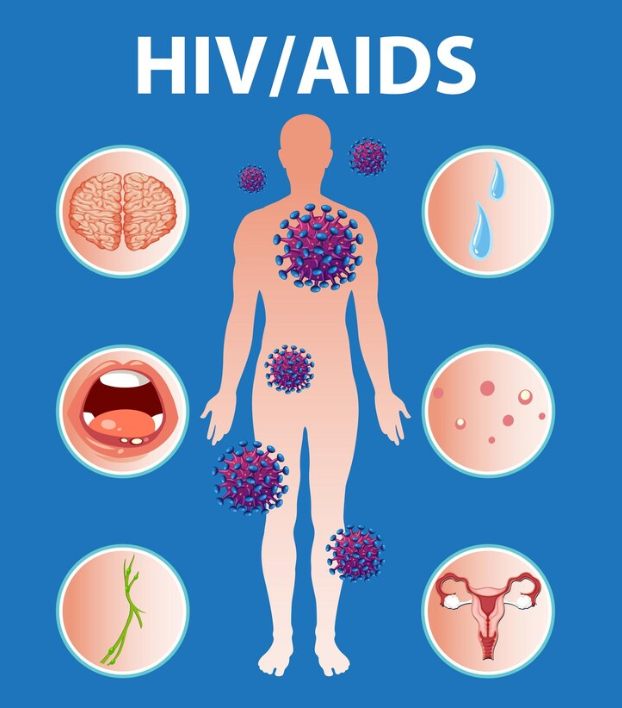
Lichen Planus and Other Health Conditions: What You Need to Know
Have you ever wondered if there’s more to a health condition than meets the eye? Lichen planus, a skin condition that causes itchy, reddish-purple bumps on the skin or mucous membranes, is one such example. While it primarily affects the skin, lichen planus can sometimes be linked to other health issues. Let’s explore some of these potential connections.
- Autoimmune Disorders: Lichen planus is considered an autoimmune disease, meaning the body’s immune system mistakenly attacks healthy cells. Other autoimmune disorders like rheumatoid arthritis, lupus, and thyroid disorders may coexist with lichen planus.
- Oral Health Problems: Oral lichen planus affects the mucous membranes inside the mouth, leading to white, lacy patches or painful sores. It’s often associated with other oral health conditions such as gum disease, candidiasis (oral thrush), and dry mouth.
- Hepatitis C: Research suggests a possible link between lichen planus and hepatitis C, a viral infection that affects the liver. Individuals with hepatitis C may be at higher risk of developing lichen planus, particularly oral lichen planus.
- Stress and Anxiety: While not a direct health condition, stress and anxiety can exacerbate lichen planus symptoms. Managing stress through relaxation techniques, mindfulness, and seeking support can help alleviate symptoms.
- Metabolic Syndrome: Some studies have found an association between lichen planus and metabolic syndrome, a cluster of conditions including obesity, high blood pressure, high blood sugar, and abnormal cholesterol levels. Lifestyle modifications such as a healthy diet and regular exercise may benefit individuals with both conditions.
- Drug Reactions: Certain medications, including some used to treat high blood pressure, heart disease, and arthritis, can trigger lichen planus or exacerbate existing symptoms. It’s essential to discuss any medication-related concerns with your healthcare provider.
Understanding these potential connections can empower individuals affected by lichen planus to take proactive steps in managing their overall health. If you have lichen planus or suspect you may have it, it’s crucial to consult with a healthcare professional for an accurate diagnosis and personalized treatment plan.
Remember, knowledge is key to better health. By staying informed and proactive, you can navigate the complexities of lichen planus and its potential links to other health conditions with confidence.
To seek medical advice, always consult a Doctor. Here are our recommended experts. Click Here
To read more on Lichen Planus. Click Here


